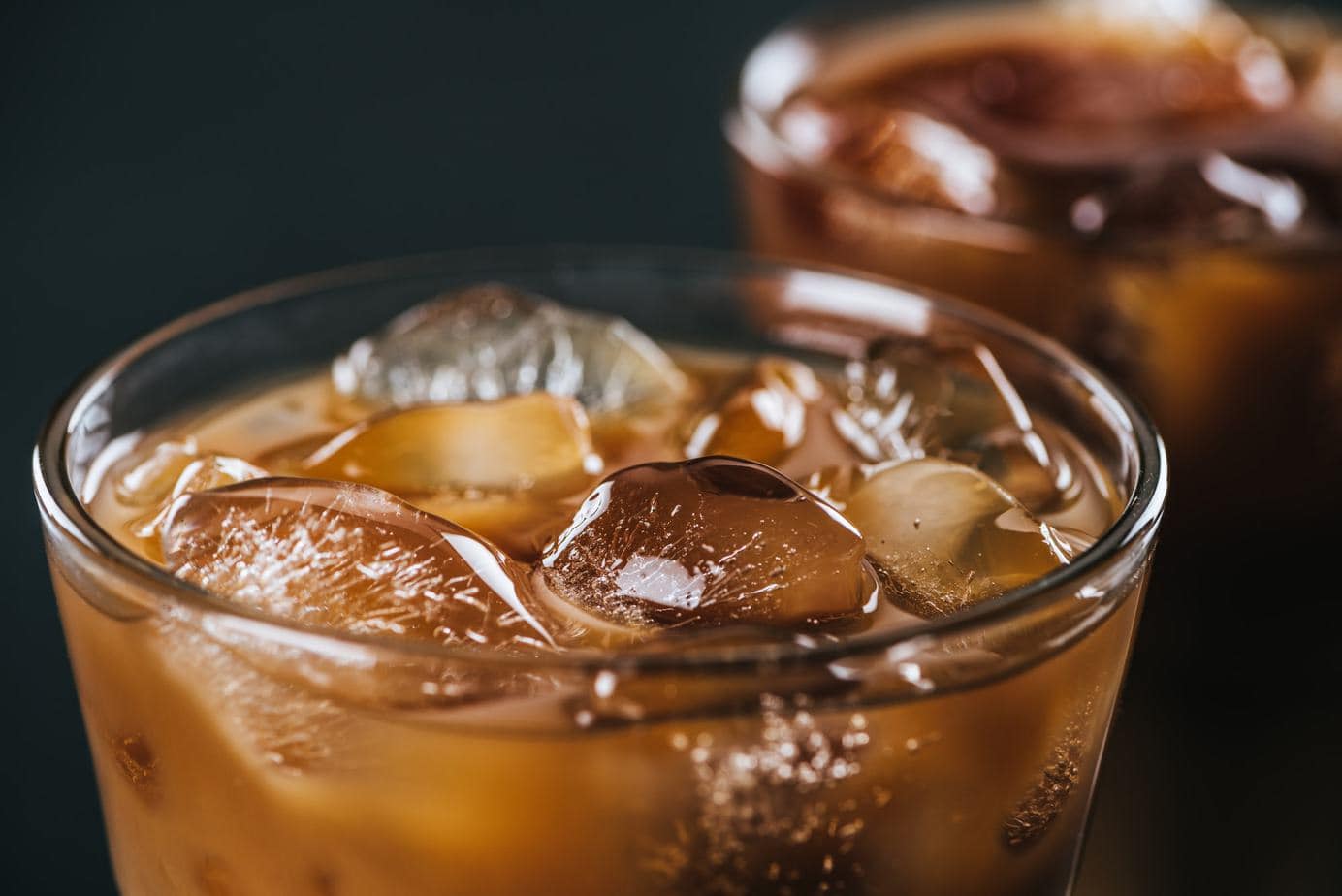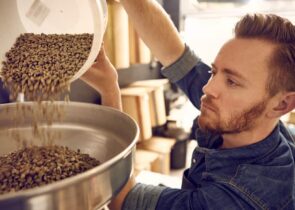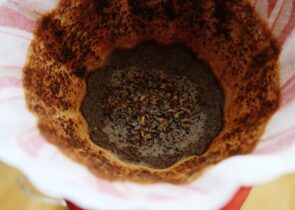Coffee is one of life’s great joys – be it hot coffee, iced coffee, a specialty coffee drink, or a cold brew, we love to drink it. Studies show that over 60% of Americans drink coffee every day, and an even more significant number consume it on a less regular basis. That’s great for the coffee industry but expensive for coffee fetishists. A good number of coffee drinkers have taken to drinking cold brew, a recent coffee trend.
If you’re beginning to brew cold brew coffee, you might be wondering how long it lasts. Does cold brew have a good shelf life, or does it go bad quickly? In the rest of this article, I’ll answer these questions and tell you how to make your cold brew last longer so you can enjoy the taste of coffee year-round.
How Long Does Cold Brew Coffee Last?
Cold brew coffee is different from the iced coffee you get at a coffee shop. Instead of being brewed typically and poured over ice, like normal coffee, cold-brewed coffee is made from coffee grounds steeped in cold water overnight using cold brew coffee makers. The cold brewing process creates an undiluted concentrate with a smooth coffee taste that contains more antioxidants than regular coffee and can be enjoyed hot or cold.
Another benefit of cold brew coffee concentrate is that it lasts longer than regular fresh coffee. If you’ve tried to store a pour-over brew for more than a few days, you know the rancid smell and bitter taste of acrid, old coffee. With cold brew coffee, however, you’ll be able to store enough coffee to last you at least a week and have a healthier cup of coffee!

How to Make Cold Brew Last Longer
In general, coffee experts say cold brew coffee lasts about one to two weeks when stored in the fridge. After the first week, this concentrated form of coffee begins to lose flavor quality and caffeine content. Within two weeks, coffee enthusiasts might smell something sour. If it tastes or smells gross, it’s almost certainly spoiled.
Several factors contribute to the shorter shelf life of cold brew coffee. These include the type of coffee containers, the storage temperature, and the dilution levels of the coffee. If you brew and store your coffee correctly, you can enjoy its flavor and smoothness longer.
Temperature of Storage
Temperature is the most prominent factor influencing the length of time you can store cold brew coffee. If it’s undiluted, your cold brew concentrate will last up to two weeks in the refrigerator. You can freeze cold brew ice cubes and keep it for longer, but thawing the coffee will change the flavor somewhat.
If you leave cold brew coffee at room temperature after brewing, it will spoil in a matter of hours. Leaving even a cup of coffee out can be dangerous. Every time you take the coffee out of the fridge, its freshness depreciates faster – it’s vital to keep it in the refrigerator as much as possible.
Containers
Even when you’re storing coffee in the fridge, you should keep it in entirely airtight glass containers to increase your cold brew shelf life and limit the exposure of coffee to oxygen. Anything held in an air-tight container will last longer, and coffee is no exception to this rule.
Glass containers work better than plastic because glass isn’t porous. Plastic containers can absorb some of the chemicals within the coffee and accelerate the loss of flavor. Ideally, you should store your cold brew in mason jars or sealable glass containers.
Dilution Level
Cold brew coffee is an intense brew and ends up with about twice the caffeine of regular coffee. For this reason, most coffee lovers choose to dilute their cold brew with water or milk when they drink it.
Diluted coffee spoils much more quickly than undiluted coffee, so make sure that you store your coffee before adding water or cream. It’s easier to dilute the coffee by the serving size, and you’ll be able to enjoy it for longer.
Quality of Coffee
Although the main factors affecting the storage of cold brew coffee are the temperature and quality of containers, how well the coffee is made can also make a difference. Coffee made with properly ground coffee beans of good quality will last longer in general.
Usually, cold brew steeps for about 15 hours, and many people prefer room temperature steeping. While you can leave cold brew coffee out to steep overnight, you should put it in the fridge as soon as it’s ready.
How Can I Tell If My Coffee’s Bad?
There are several easy-to-spot signs that your cold brew has gone sour. Coffee goes rancid quickly, so make sure to check for these signs every time you get a fresh cup:
- Less of a coffee smell
- Weaker coffee flavor
- No coffee kick
- An acrid or sour smell
- Coffee tastes stale or acidic
- Mold or mildew
Final Thoughts
Cold brewing coffee at home has become one of the latest coffee trends. Coffee aficionados who want the extra caffeine in this concentrated coffee should use high-quality coffee beans and give the cold brew process plenty of time. Homemade cold-brew coffee stays fresh in fridge storage longer than regular brew coffee with a higher concentration of caffeine and a drastic difference in estimated shelf life. Make sure it’s stored in airtight containers in the fridge.
Essentially, you’ll be safe to drink your cold brew for about a week for sure. After a week, keep an eye on it for the aforementioned signs of spoilage and ensure that it doesn’t have a bad smell, it’s not mildewy, or especially acrid tasting. If you’ve had excess coffee for more than two weeks, dilute your entire coffee batch and pour it on your plants or throw it out – it’s not worth drinking!

















